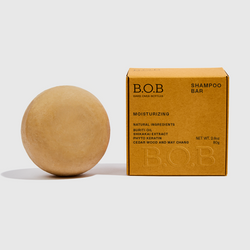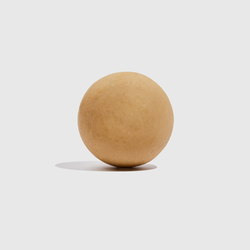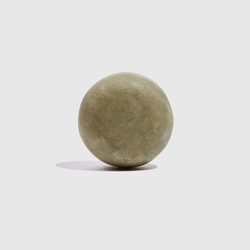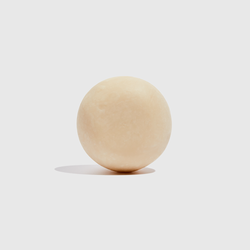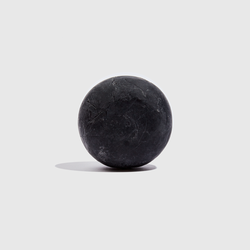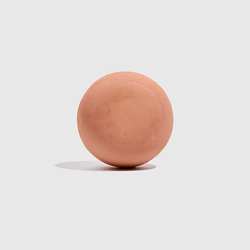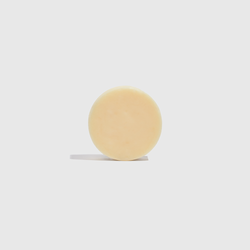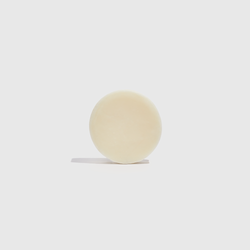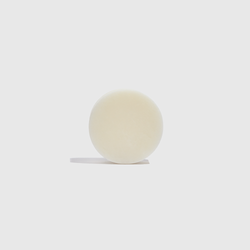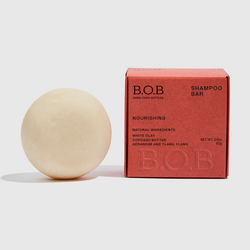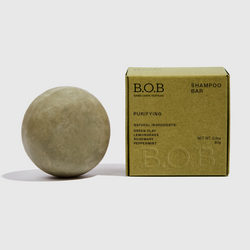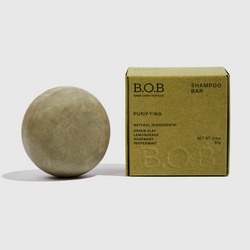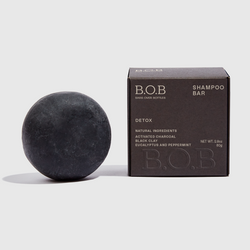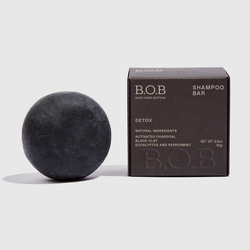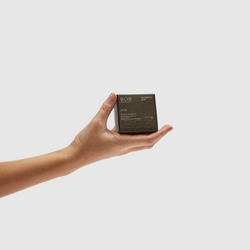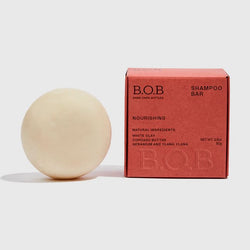Oily Hair and Hair Loss: Is There a Link?
Index:
-
Understanding the Hair Growth Cycle
-
Excessive Oil Production
-
The Relationship Between Oily Scalp and Hair Loss
-
Distinguishing Between Temporary Hair Shedding and Permanent Hair Loss
-
Tips for Managing Oily Scalp to Promote Hair Health
Oily hair can be a frustrating condition that many individuals face. Not only does it affect the appearance of the hair, but it may also have implications for hair health, including the potential for hair loss.
In this blog post, I will explore the relationship between oily scalp and hair loss, understand the hair growth cycle, causes of excessive oil production, and provide tips for managing an oily scalp to promote overall hair health.
Understanding the Hair Growth Cycle
The hair growth cycle consists of three distinct stages: anagen, catagen, and telogen. By explaining each stage, we can gain insight into how oiliness can disrupt this natural process. During the anagen phase, hair actively grows from the hair follicles.
Excessive oil on the scalp can disrupt the follicles, leading to weakened hair growth or premature shedding. That's why it’s important to learn how to wash oily hair.
Excessive Oil Production
What causes oily hair? Excessive oil production on the scalp can stem from various factors. We will delve into the common causes, such as hormonal imbalances, genetic predisposition, and overactive sebaceous glands.

By understanding these causes, we can comprehend the impact of excessive oil on the health of the hair follicles. The accumulation of oil can clog the follicles, leading to inflammation, nutrient deprivation, and ultimately affecting hair growth.
When discussing the impact of excessive oil, it's important to address the issue of dandruff as well. Dandruff, characterized by white or yellowish flakes on the scalp, is a common scalp condition that often accompanies excessive oiliness. The overproduction of oil can create an ideal environment for the proliferation of Malassezia, a type of yeast that naturally resides on the scalp.
The Relationship Between Oily Scalp and Hair Loss
In this section, we will explore the intricate connection between an oily scalp and hair loss. Excessive oiliness can lead to weakened hair strands, making them prone to breakage and ultimately contributing to hair loss.
Moreover, the presence of excess oil can disrupt the natural balance of the scalp, creating an unfavorable environment for healthy hair growth. Understanding this relationship is crucial in developing effective strategies to combat hair loss caused by oiliness.
Distinguishing Between Temporary Hair Shedding and Permanent Hair Loss
It is not uncommon for individuals to experience hair shedding as a natural part of the hair growth cycle. On average, we lose approximately 100 strands of hair per day. However, when it comes to oily hair, it's important to distinguish between temporary hair shedding and hair loss that may be linked to oiliness.

Temporary Hair Shedding:
Temporary hair shedding refers to the normal shedding of hair during the telogen phase of the hair growth cycle. During this phase, hair follicles are in a resting state before new hair begins to grow.
Certain factors, including changes in hormone levels, stress, nutritional deficiencies, or certain medications, can trigger temporary hair shedding. With temporary shedding, the hair follicles remain intact, and new hair will eventually grow in its place.
Permanent Hair Loss:
On the other hand, permanent hair loss occurs when hair follicles become damaged or destroyed, leading to the inability to produce new hair. Excessive oil production on the scalp can contribute to permanent hair loss in several ways.
Firstly, the accumulation of oil can clog the hair follicles, leading to inflammation and impeding the natural growth process. Over time, this can weaken the hair strands, making them more susceptible to breakage and hair loss.
Additionally, the presence of excessive oil on the scalp can create an unfavorable environment for hair growth, potentially leading to the miniaturization of hair follicles and permanent hair loss if left untreated.

It is essential to recognize when temporary hair shedding may be transitioning into a more significant hair loss problem. If you notice excessive hair shedding that persists for an extended period, significant thinning of the hair, or visible signs of hair loss such as receding hairlines or bald patches, it is recommended to seek professional advice from a dermatologist or trichologist.
Tips for Managing Oily Scalp to Promote Hair Health
How to stop oily hair? Managing an oily scalp is key to maintaining overall hair health and potentially reducing hair loss. I will recommend ingredients and products that can help balance oil production while nourishing the hair and scalp. Here are some solutions for oily hair:
Detox Shampoo Bar
To combat oily hair and promote a healthy scalp, my Detox Shampoo Bar is the perfect solution. Say goodbye to a flaky scalp with this vegan bar featuring an anti-pollution formula. It effectively cleanses impurities, manages oil production, and revitalizes the scalp after every wash.

Combined with activated charcoal, known for its detoxifying and antioxidant properties, deeply cleanses your hair, leaving it with a beautiful and natural shine, and black clay, that controls scalp oils and improves blood circulation, promoting stronger strands and healthy hair growth. In case you have curly hair, this is the best option.
Purifying Shampoo Bar
For those seeking a deep cleanse and control over oily scalp, my Purifying Shampoo Bar is the perfect choice. This bar effectively cleanses your hair while maintaining its natural moisture balance. The key ingredient is green clay, known for its deep cleansing and scalp oil control properties, it removes impurities and residues from other products, leaving your hair fresh and revitalized.

To enhance the experience, I've added a unique blend of rosemary, mint, and lemongrass essential oils, this combination not only leaves your hair with an energizing and fresh scent but also assists in promoting hair growth. In case you have oily scalp, but dry hair, this is the best option.
Moisturizing Conditioner Bar
For balanced or oily hair, my Moisturizing Conditioner Bar delivers the perfect level of conditioning without weighing your hair down or oily. Experience light, healthy, and bouncy hair with this nourishing formula.
My conditioner bar features mango oil, which repairs the hair fiber and nourishes strands, leaving them softer and with an intense shine. Additionally, the inclusion of sweet almond oil, rich in vitamins, provides excellent emollient properties that promote moisture retention and control frizz.
While oily hair can be a bothersome condition, it is important to recognize its potential impact on hair health and hair loss. By understanding the hair growth cycle, causes of excessive oil production, and implementing effective management techniques, individuals can promote a healthier scalp environment and potentially reduce the risk of hair loss associated with oiliness.
Remember, seeking professional advice is essential for persistent hair loss concerns. Embrace a comprehensive approach to hair care, considering both scalp and hair health, to achieve the best results.




